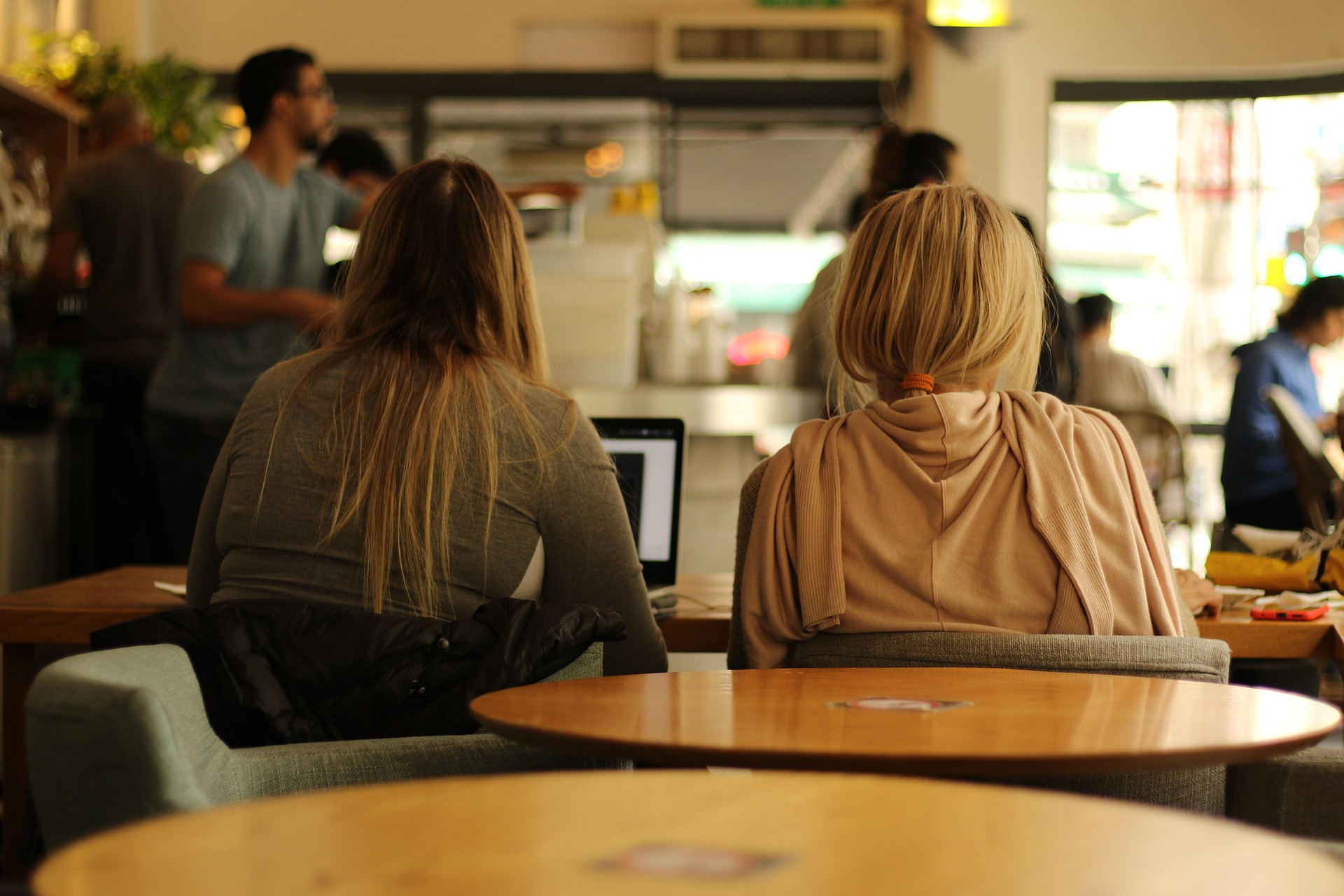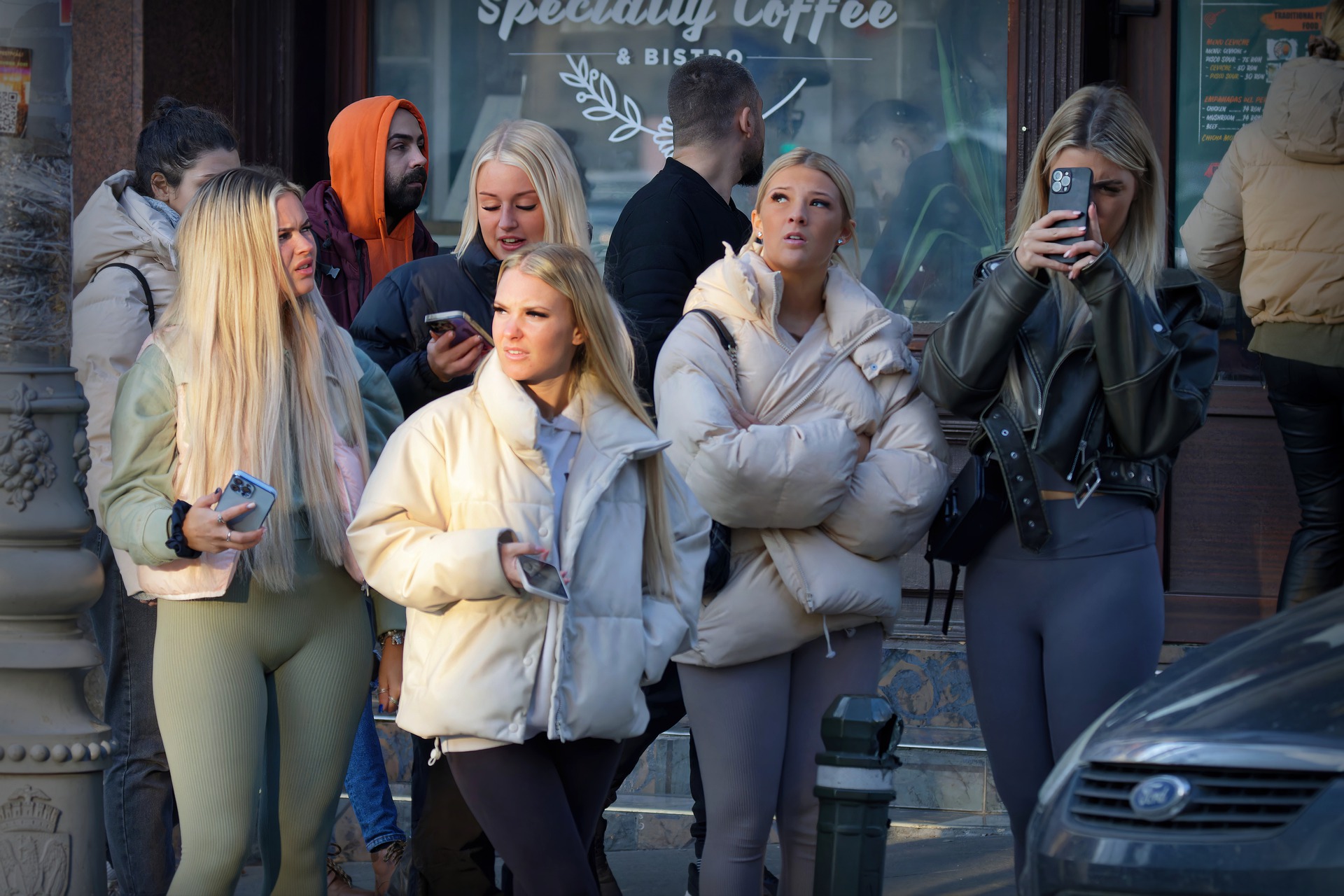The Silent Revolution of Coffee Shop Culture
Amidst the hustle of modern life, a quiet transformation is reshaping our social landscape. Coffee shops, once mere pit stops for caffeine, have evolved into vibrant hubs of community, creativity, and connection. This phenomenon goes beyond just serving lattes – it's redefining how we work, socialize, and engage with our neighborhoods. Read below to explore the fascinating sociological implications of this cultural shift and its profound impact on our daily lives.
The Evolution of the Third Space
Historically, public houses and town squares served as gathering places for social interaction and civic engagement. However, as urbanization and technological advancements reshaped our cities, these traditional spaces began to disappear. Coffee shops have emerged to fill this void, offering a neutral ground where diverse groups can mingle and exchange ideas.
Sociologists point to the unique characteristics of coffee shops that make them ideal third spaces. Unlike bars or restaurants, there’s no pressure to consume alcohol or purchase a full meal. The casual atmosphere encourages both solitary activities and group interactions, creating a flexible environment that adapts to various social needs.
Coffee Shops as Catalysts for Community Building
One of the most significant impacts of coffee shop culture is its role in fostering community connections. In an era where digital communication often replaces face-to-face interactions, these physical spaces provide a crucial counterbalance. They offer opportunities for chance encounters, spontaneous conversations, and the development of weak ties – those acquaintances outside our immediate social circles that sociologists argue are essential for community cohesion and individual growth.
Research has shown that regular patrons of local coffee shops report a stronger sense of belonging to their neighborhood. This increased social capital translates into tangible benefits for communities, including lower crime rates, improved public health outcomes, and greater civic engagement.
The Workplace Revolution: From Office to Café
The proliferation of Wi-Fi-enabled coffee shops has revolutionized the concept of work. Freelancers, remote workers, and entrepreneurs have flocked to these spaces, transforming them into de facto coworking environments. This shift reflects broader changes in the labor market, including the rise of the gig economy and increased demand for flexible working arrangements.
Sociologists note that this blending of work and social spaces has significant implications for productivity, work-life balance, and professional networking. The informal atmosphere of coffee shops can foster creativity and collaboration, while also providing a sense of structure and routine for those who might otherwise feel isolated working from home.
Cultural Exchange and Diversity in the Coffee Shop
Coffee shops often serve as melting pots where diverse groups intersect. In urban areas, they can be sites of gentrification, sparking complex discussions about community change and displacement. However, they also provide opportunities for cross-cultural exchange and understanding.
Studies have shown that regular exposure to diversity in public spaces can reduce prejudice and increase empathy. Coffee shops, with their open-door policies and diverse clientele, create natural settings for these positive interactions to occur.
The Psychological Impact of Coffee Shop Environments
The design and atmosphere of coffee shops play a crucial role in their appeal. Soft lighting, comfortable seating, and the gentle hum of conversation create what psychologists call a low-stimulus environment. This setting is conducive to both relaxation and focus, explaining why many people find they can concentrate better in a café than at home or in a traditional office.
Moreover, the presence of others engaged in similar activities – what’s known as co-presence – can have a motivating effect. This phenomenon, sometimes called the coffee shop effect, demonstrates how our behavior and productivity can be positively influenced by our social surroundings.
Challenges and Future Directions
While coffee shop culture has brought numerous benefits, it also faces challenges. The COVID-19 pandemic forced many cafés to close or adapt, highlighting the vulnerability of these spaces to public health crises. Additionally, concerns about gentrification and the displacement of long-standing community businesses have led to debates about the role of coffee shops in neighborhood change.
Looking ahead, sociologists predict that coffee shops will continue to evolve, potentially incorporating more technology-driven experiences or expanding their role as community centers. Some envision these spaces becoming hubs for civic engagement, hosting local events, or serving as informal learning centers.
As our society grapples with issues of social isolation, changing work patterns, and the need for community connection, the humble coffee shop stands at the intersection of these trends. Far from being just a place to grab a quick espresso, these establishments have become vital social institutions, shaping our interactions, work habits, and sense of belonging in the modern world.







